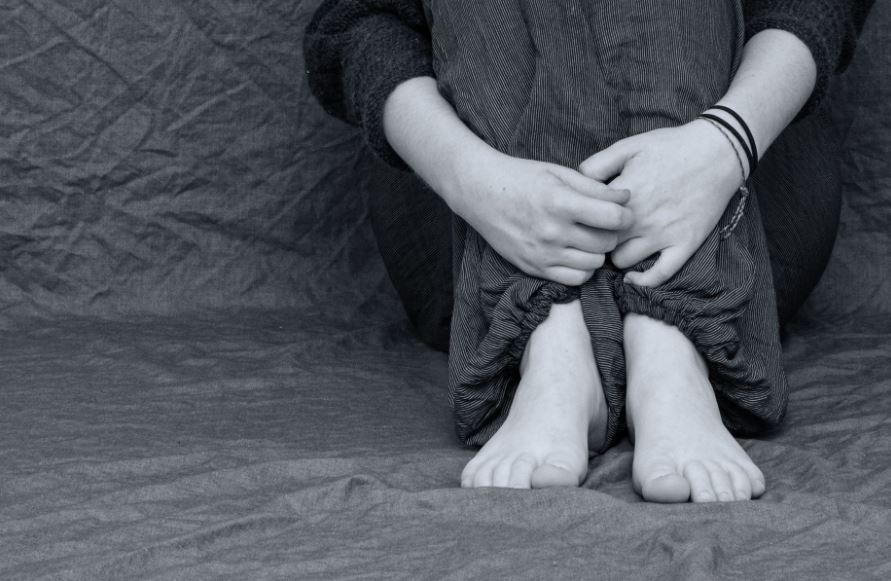
There is wide concern from the public, MPs and others about how claimants with mental distress are treated in the benefit system. But not everyone is aware that as PIP is tied to working age (16-64), teenagers aged 16 are put under the stress of possible loss of benefit when their DLA is ended in the name of their independence.
WinVisible was contacted by mums whose disabled daughters aged 16 and in mental distress were having to contend with PIP assessments and loss of DLA. We helped them to win paper-based assessment, but what had happened before they got in touch, was already very damaging to the families.
Independent Assessment Services (Atos) had reacted that written medical evidence and clear evidence of distress, details of the support and supervision provided by education units, reports from Social Services and CAMHS (Children and Adolescents Mental Health Services), was not enough evidence for exemption from the face-to-face exam. They still issued letters calling in the teenagers for exam — during school time.
One mother says about her daughter:
“… I didn’t realise how bad it [being called in for an interview] affected her as she was already going through so much anyway… she has not cut her arms for a good four months but now has 65 cuts on just one arm.
I just hope and pray that her award is right and I don’t have to keep fighting them. I really think after talking to so many people with mental health issues that the PIP process needs looking at. Generally the people assessing them are nowhere near qualified to assess these people, including my girls.
This process tips already (in many cases) suicidal people to the brink — and then to throw in minors that are still in school, which is the new law — they are in full-time education until 18, how can a 16-year-old be classed as an adult when in no other area of life they are classed as that, until at least 18.“
Only after Mrs X had gone to her MP, the MP had written in and WinVisible then focussed on Atos, did Atos review the evidence and agree to do a paper-based assessment. They emailed us back, telling us ‘Please advise her that she does NOT need to attend tomorrow’. (MPs who intervene on behalf of their constituents, usually write to government departments only, i.e. the DWP. But it can cause needless delay and harm in benefit cases if MPs don’t write directly to Atos, Capita or Maximus who are contracted to do the disability benefit assessments.)
Shortly afterwards, the DWP sent a letter that Ms X was entitled to full PIP. Her mum Mrs X hailed this ‘brilliant news’.
According to the DWP PIP Assessment Guide, Part One – The Assessment Process, 30 September 2019, the assessor can make a decision from paper evidence where “there is strong evidence on which to advise on the case and a face-to-face consultation is likely to be stressful for the claimant…” (1.5.4)
Assessors “should also consider the needs of vulnerable claimants”, that is “someone who has difficulty dealing with procedural demands” including “a previous suicide attempt, domestic violence, abuse or bereavement.” (1.3.11)
See our leaflet.
Benefits stress and insecurity is bad enough when adults are told their DLA is ending, let alone for young disabled people. The impact on them and parents (usually the mums) or guardians is enormous. If parents or guardians rely on carer benefits which are tied to the young person’s DLA or PIP, their own financial security is also jeopardised, with serious consequences.
Note: The Scottish Government has announced that teenagers on DLA can stay on until age 18. This is one of the benefit improvements they have made under their devolved powers. See here

Reblogged this on Britain Isn't Eating.